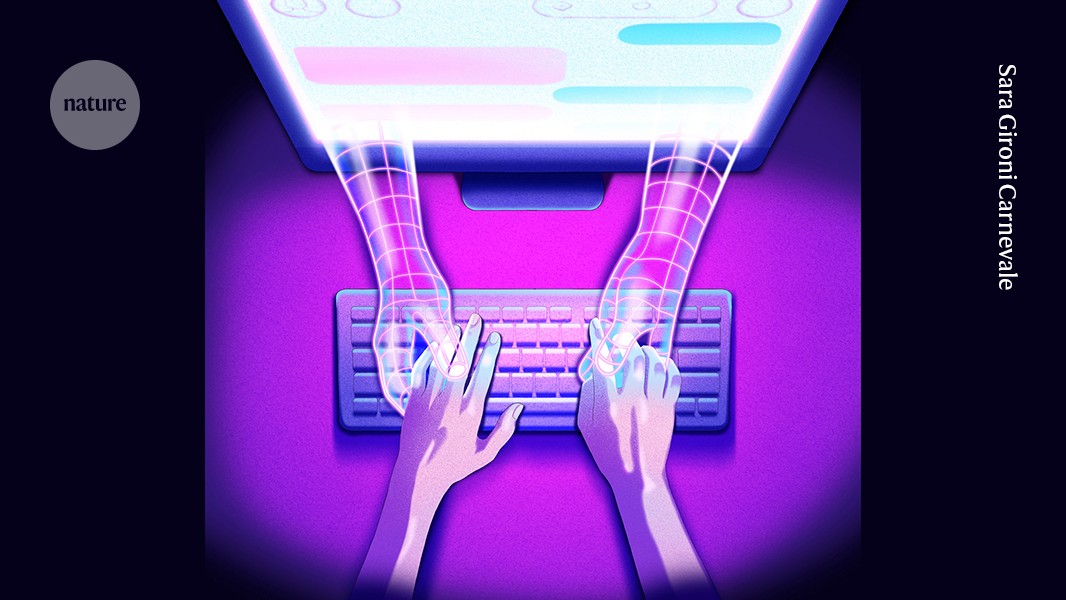
"Mike's feelings were real, but his companion was not. Anne was a chatbot - an artificial intelligence (AI) algorithm presented as a digital persona."
"These chatbots are big business. More than half a billion people around the world have downloaded products such as Xiaoice and Replika, which offer customizable virtual companions."
"While early results stress the positives of AI companionship, researchers remain concerned about possible risks and lack of regulation, fearing significant harm."
"Claire Boine emphasizes that virtual companions can replicate abusive behaviors found in human-to-human relationships."
The article highlights the emotional connections individuals, such as Mike, develop with AI companions like Anne, created using apps like Soulmate. These chatbots, offering empathy and support, have gained immense popularity, with over half a billion downloads worldwide. However, this rise has led to concerns about the implications of AI companionship on mental health and social norms. While some studies emphasize positive aspects, many researchers warn of potential risks and lack of regulatory oversight, suggesting these virtual relationships could mirror abusive dynamics found in human interactions.
Read at Nature
Unable to calculate read time
Collection
[
|
...
]